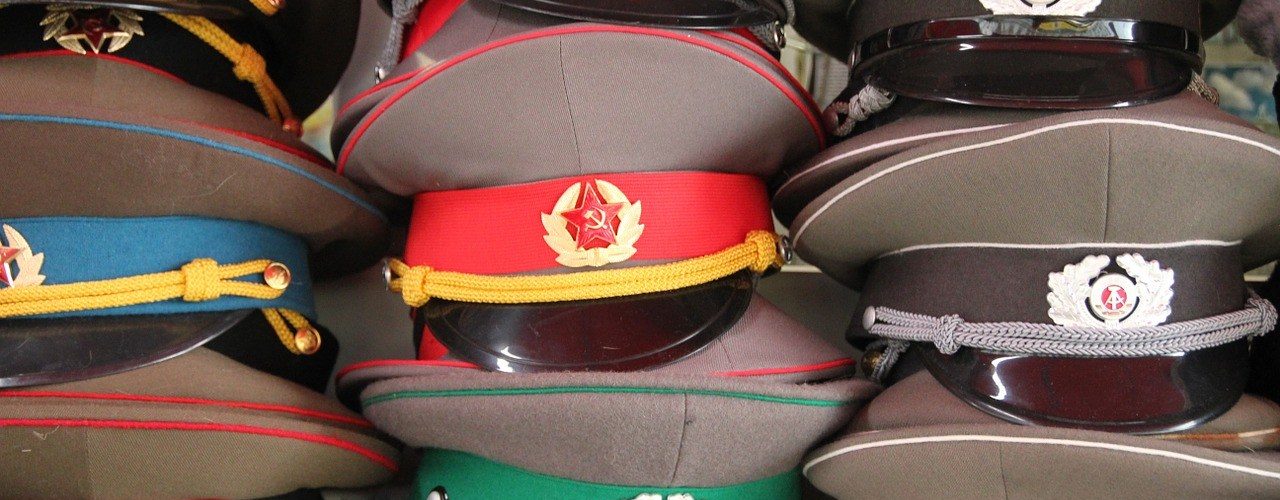Why Putin Must Go with the Bad Guys
By Baruch Pletner, Tsarizm:
Vladimir Ilyich Ulyanov (later Lenin) was an ethnic Russian from the Russian hinterlands who hated Russia with a burning passion. They say that Old Russia was defined by three things: divinely anointed monarchs (tsars), the Russian Orthodox Church, and the Russian people. Lenin hated all of them, as did his elder brother who was hanged for taking part in the assassination attempt on the penultimate Russian tsar Alexander III.
Lenin’s hatred of Russia and his desire to avenge his brother led him to design a rather far-fetched, but certainly diabolical plan to destroy her from the inside out. Considering that Lenin was the son of a school headmaster in a remote provincial city with no particular skills or education, undertaking the destruction of one of the world’s leading powers, an empire that had just celebrated the tri-centennial of the wildly successful (by any measure) Romanov rule, certainly bordered on delusional. But Lenin had a few tricks of his own. First, he cared nothing about sacrificing his own life for the cause. Second, he had a deep understanding of how Russia worked and as such he knew its weak points, and third, he was a tireless and extremely gifted organizer.
The plan was hatched while Lenin was in exile in Switzerland, living off funds provided by the Russian revolutionary movement. Lenin knew that to accomplish his goal he needed to undermine the trust of the Russian peasant conscript army in the twin institutions of the monarchy and the church. Given the right set of circumstances and some help from Russia’s foreign enemies, this was the easy part. The difficulty arose in subverting the innate patriotism of the Russian peasant and factory worker. For that Lenin needed some help, which he found in the writings of the two early pioneers of globalist thought, Karl Marx and Frederich Engels.
These two gentlemen, writing in the midst of the upheavals and excesses of late 19th century industrial revolution, redefined the battle lines from those between nation states to those between classes of people as defined by their socioeconomic standing. This change in paradigm suited Lenin to a tee. Being himself the son of a talented and hardworking teacher who rose through the ranks to become headmaster and was rewarded by a non-hereditary minor nobility title, Lenin was keenly aware of the natural resentment that Russian workers and peasants felt towards the so called “bourgeoisie”.
Adopting as whole cloth the ready to wear ideological foundations laid by Marx and Engels allowed him to save time (as in any outsourced job) and more importantly to provide intellectual cover to those of the educated and affluent classes who were ready for a revolution, but needed an excuse to jettison their patriotic duties and feelings.
Prior to the outbreak of WWI in 1914 Lenin’s plan was nothing but a gun without ammo; yes, there was ongoing upheaval in Russian society, and certainly the disastrous defeat in the Russo-Japanese naval engagement ten years prior had severely diminished the tsar’s reputation as the defender of the Motherland, but Russia had the fastest growing economy in Europe and was rapidly modernizing and expanding.
To read rest of article visit Tsarizm.

















